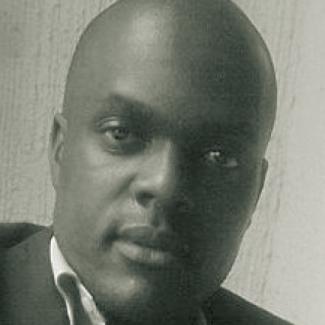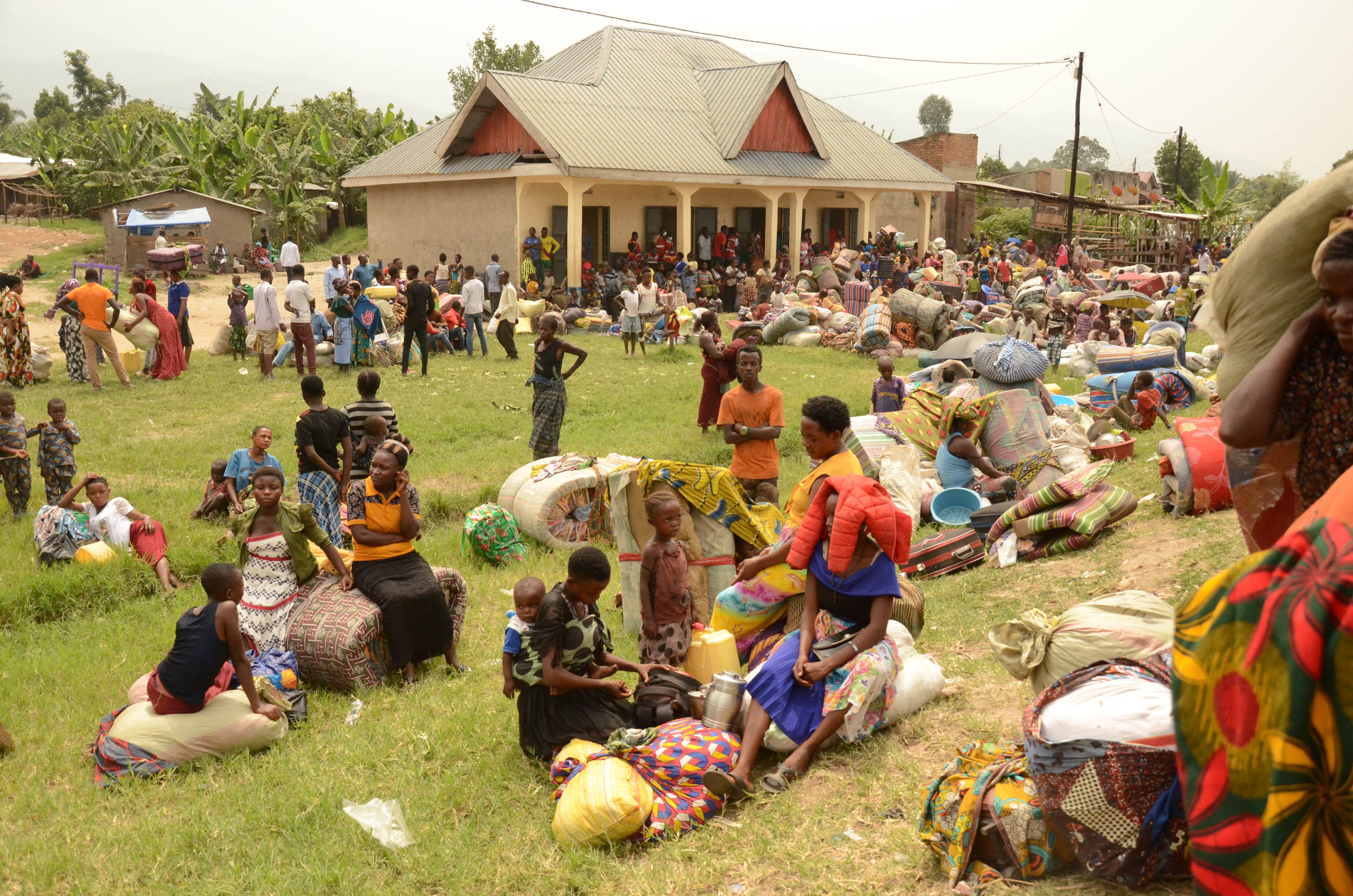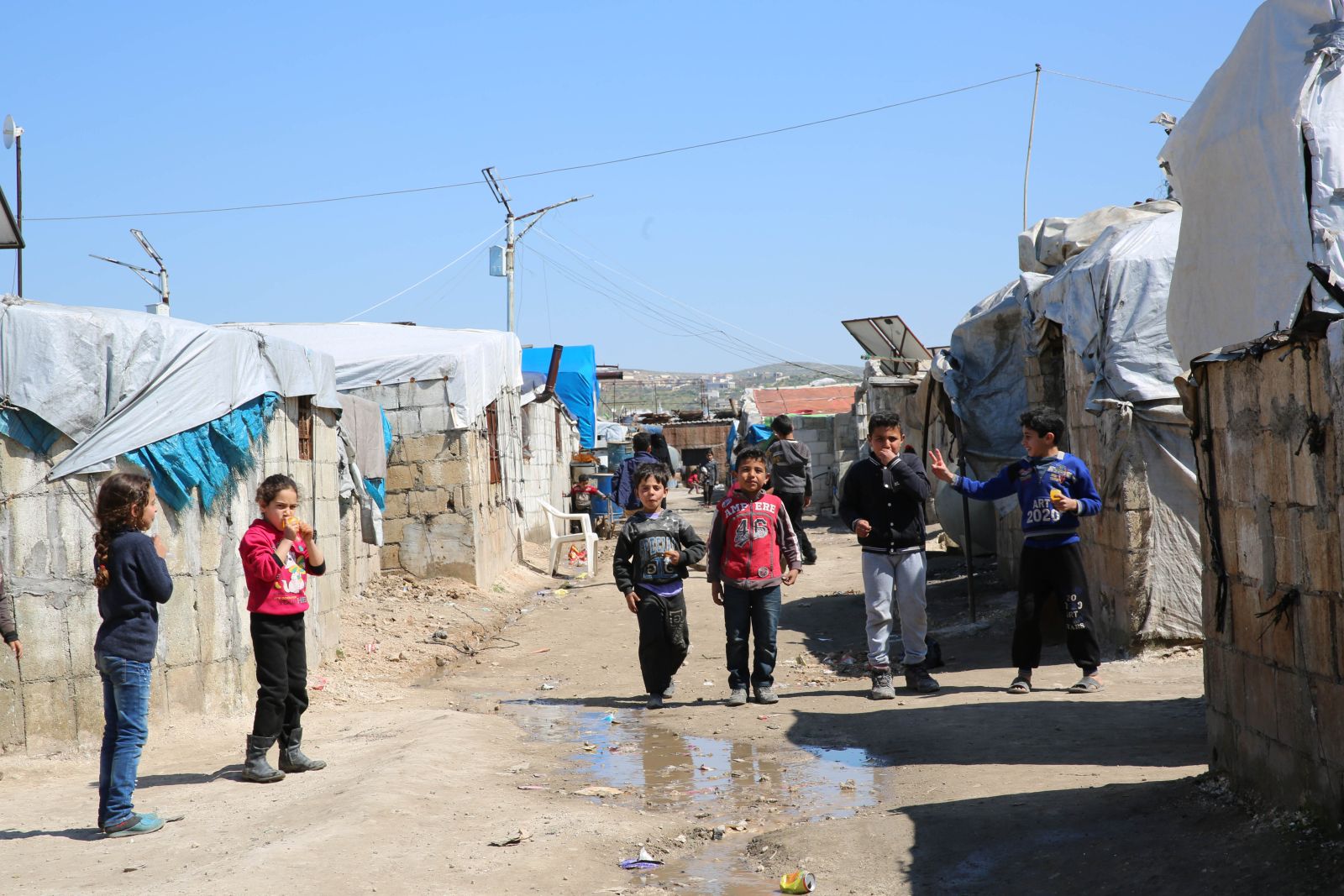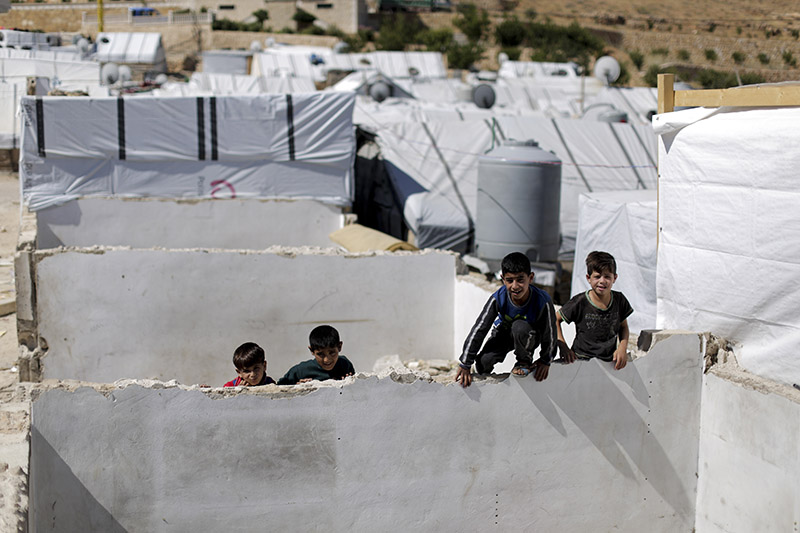Refugees
“From the frying pan into the fire”
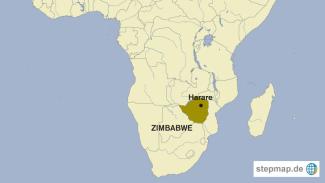
Along with thousands of other refugees from various conflict-ridden countries in Africa, Buyoya must cope with poor sanitation in the camp. According to human-rights activists, the situation is “dire”.
“Thousands of refugees live here under inhumane conditions,” says Claris Madhuku, director of the Platform for Youth Development, a civil-society organisation. People are “crammed in filthy makeshift homes without access to proper facilities”. Most are barred from working, so they cannot fend for themselves. “They only get minimum support from the UN Refugee Agency UNHCR,” Madhuku points out.
The camp lies some 550 kilometres southeast of Harare, the Zimbabwean capital. Its population has swollen to 7,000 inhabitants in the past two years. The UNHCR currently provides assistance to cover the refugees’ basic needs, including food and shelter.
The camp was established soon after Zimbabwe became independent in 1981. It originally provided refuge for people who had fled from Mozambique, where a ceasefire was agreed in 1992. Tongogara reopened in early 1998 when refugees started arriving from the Great Lakes and Horn of Africa regions.
Many people, moreover, had come to Zimbabwe from the DRC after Rwanda invaded that country in 1996. While that war did not last very long, rebels are still operating in the DRC. Many people have been displaced, and it is not safe to return to the DRC’s eastern provinces.
Boyoya, the Congolese refugee, speaks of “jumping from the frying pan into the fire”. He says he fled from his home country after his wife and daughters were raped before his eyes. Now he lives in poverty and his freedom of movement is restricted.
Currently, refugees from Rwanda, Burundi, Somalia, Ethiopia, Eritrea, Cote d’Ivoire, Uganda and Sudan also live in Tongogara. Only a few of them are permitted to work outside the camp. The UNHCR is doing its best to expand and diversify support programmes, such as income-generation activities, but there are limits to what it can achieve.
Jeffrey Moyo is a journalist and lives in Harare, Zimbabwe.
moyojeffrey@gmail.com
